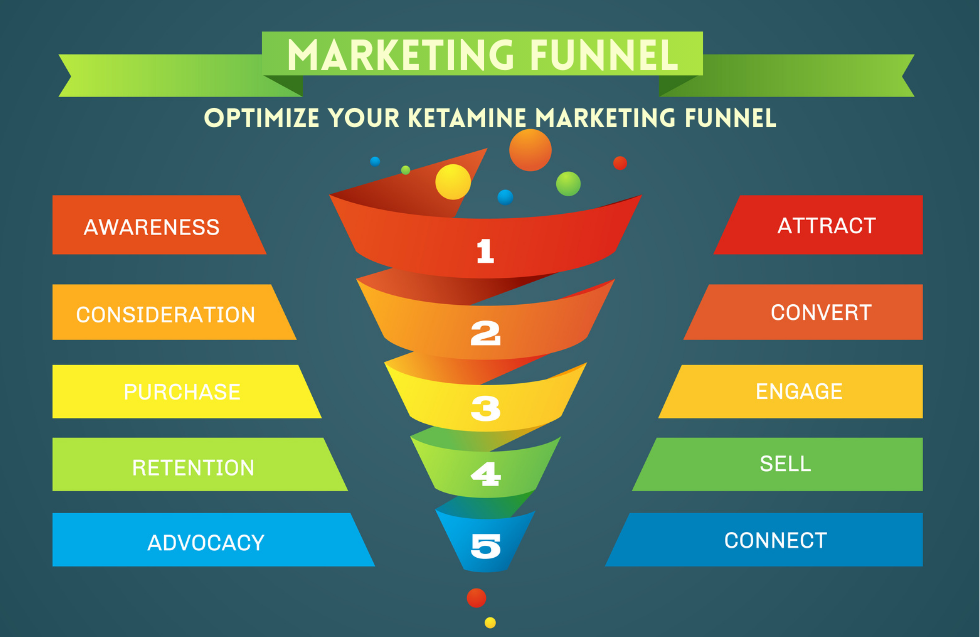In the complex landscape of modern business, the importance of choosing quality vendors cannot be overstated. Whether you’re a startup or a seasoned enterprise, your vendors are more than just suppliers; they are strategic partners that play a crucial role in your company’s growth, scalability, and sustainability. In a world where supply chain disruptions are becoming increasingly common, building a resilient business starts with having reliable, high-quality vendors.
The Backbone of Business Operations
Vendors provide the raw materials, products, and services that are essential for the day-to-day functioning of any business. They influence the quality of the final product, the efficiency of operations, and ultimately, customer satisfaction. According to a study by Deloitte, 79% of businesses consider supplier quality as a key factor in their success, emphasizing the critical role that vendors play in a company’s operational framework.
The Domino Effect: How Vendor Quality Impacts Business Success
The quality of your vendors directly affects several key aspects of your business:
- Product Quality and Consistency: The reliability and quality of your products depend heavily on the quality of your vendor’s supplies. A 2020 survey by the International Organization for Standardization (ISO) found that 67% of product recalls could be traced back to issues with vendor-supplied components.
- Operational Efficiency: Quality vendors ensure timely deliveries, which are essential for maintaining efficient production schedules. A report by McKinsey highlighted that companies with robust vendor management practices reported a 20% reduction in supply chain costs and a 15% increase in operational efficiency.
- Customer Satisfaction: Poor vendor quality can lead to product defects, delays, and ultimately, dissatisfied customers. According to a PwC study, 32% of customers will stop doing business with a brand they love after just one bad experience. Reliable vendors help maintain the consistency and quality that keeps customers happy and loyal.
The Hidden Costs of Poor Vendor Choices
The true cost of poor vendor selection goes beyond immediate financial losses. Here are some of the hidden costs:
- Reputation Damage: A single defective batch of products can tarnish a brand’s reputation. In a survey conducted by YouGov, 81% of consumers said they would not buy from a brand again after a product recall.
- Operational Disruptions: Unreliable vendors can cause delays and disruptions in the supply chain, affecting production schedules and delivery timelines. According to the Business Continuity Institute, 73% of companies experienced at least one disruption in their supply chain over a 12-month period.
- Financial Losses: Poor quality or late deliveries can lead to production halts, increased costs, and lost sales opportunities. A study by Harvard Business Review found that companies with a strong focus on vendor quality and reliability had a 2-4% higher profit margin compared to those with less focus.
How to Choose Quality Vendors
Selecting the right vendors is a strategic decision that requires careful consideration and due diligence. Here are some key factors to keep in mind:
- Reliability and Track Record: Look for vendors with a proven history of reliability and consistency. Check references, read reviews, and, if possible, visit their facilities to assess their operations firsthand.
- Quality Standards: Ensure that potential vendors adhere to the industry’s quality standards and certifications. A 2021 survey by the Chartered Institute of Procurement & Supply (CIPS) found that 65% of businesses prioritize quality certifications like ISO 9001 when selecting vendors.
- Financial Stability: A financially unstable vendor is more likely to experience disruptions in their own supply chain, which can cascade down to your business. Evaluate their financial health by reviewing their financial statements and credit ratings.
- Scalability: As your business grows, your vendor should be able to scale with you. Assess their capacity to handle increased orders without compromising on quality or delivery timelines.
- Communication and Transparency: Effective communication is key to a successful vendor relationship. Choose vendors who are open, transparent, and proactive in their communication.
- Sustainability Practices: With increasing consumer demand for ethical and sustainable practices, it’s essential to choose vendors who align with your company’s values. According to Nielsen, 73% of global consumers are willing to change their consumption habits to reduce environmental impact, making sustainable vendor choices a strategic priority.
Building Strong Vendor Relationships
Choosing the right vendors is just the first step; maintaining a strong relationship with them is equally important. A healthy vendor relationship can lead to better pricing, priority treatment, and even collaborative innovation. Here’s how to foster strong vendor relationships:
- Clear Communication: Set clear expectations from the outset and maintain open lines of communication. Regularly update your vendors on your business needs and any changes in your operations.
- Collaborative Problem Solving: Treat your vendors as partners rather than mere suppliers. Involve them in problem-solving processes and value their input and expertise.
- Regular Performance Reviews: Conduct regular performance reviews based on predefined KPIs such as quality, delivery time, and responsiveness. Share feedback constructively and work together on areas that need improvement.
- Incentivize Performance: Offer incentives for vendors who consistently meet or exceed expectations. This could be in the form of longer contracts, larger orders, or even financial bonuses.
- Build Trust: Trust is the foundation of any successful partnership. Be fair, transparent, and reliable in your dealings. Pay your vendors on time and honor your commitments.
Leveraging Technology for Better Vendor Management
In today’s digital age, technology plays a crucial role in managing vendor relationships effectively. Here are some tech tools and strategies to streamline vendor management:
- Vendor Management Software (VMS): VMS platforms like SAP Ariba, Coupa, and GEP provide a centralized system to manage vendor information, track performance, and streamline communication.
- Supply Chain Analytics: Utilize data analytics to gain insights into vendor performance, identify potential risks, and make data-driven decisions.
- Blockchain for Transparency: Blockchain technology can provide a transparent and tamper-proof record of transactions, enhancing trust and accountability in vendor relationships.
- AI and Automation: AI-powered tools can automate routine tasks such as order processing and invoicing, reducing errors and freeing up time for strategic activities.
Case Studies: Success Stories of Vendor Partnership
Apple Inc. is a prime example of a company that has built its success on strong vendor relationships. The company is known for its stringent supplier standards and long-term partnerships with key component manufacturers. This strategic focus on quality vendors has allowed Apple to maintain the high-quality standards and consistency that the brand is known for.
Another example is Toyota, which pioneered the “Just-In-Time” manufacturing process. Toyota’s close, collaborative relationships with its suppliers allow it to maintain low inventory levels while ensuring timely delivery of high-quality components. This vendor strategy has been a key factor in Toyota’s operational efficiency and global success.
The Future of Vendor Management: Trends to Watch
As businesses continue to navigate a rapidly changing global environment, vendor management will evolve. Here are some trends to watch:
- Increased Focus on Sustainability: Companies will prioritize vendors who align with their sustainability goals. Transparency and traceability in the supply chain will become non-negotiable.
- Resilience and Risk Management: Businesses will invest in building more resilient supply chains by diversifying their vendor base and implementing risk management strategies.
- Digital Transformation: The adoption of digital tools for vendor management will continue to grow, enabling businesses to make more informed and agile decisions.
Conclusion: Building Resilience through Quality Vendors
In a world of uncertainties, the resilience of your business often depends on the strength of your vendor relationships. Quality vendors not only ensure the smooth functioning of operations but also contribute to the overall growth, scalability, and sustainability of your business. By choosing the right vendors and nurturing those relationships, you can build a business that not only withstands challenges but thrives in the face of them.
Investing time and resources in vendor management is not just a good business practice—it’s a strategic imperative. As the business landscape continues to evolve, those who recognize the strategic role of quality vendors will be better positioned to scale, sustain, and succeed













